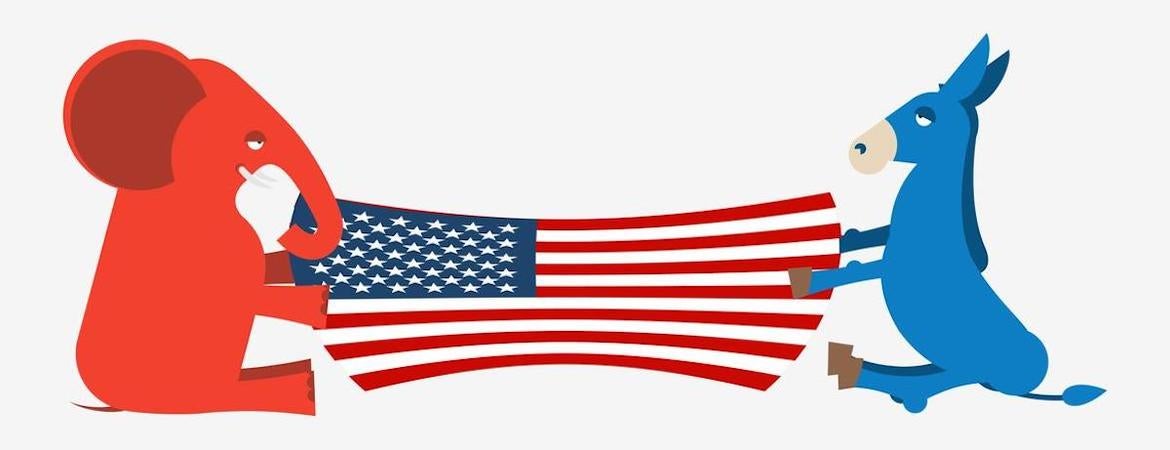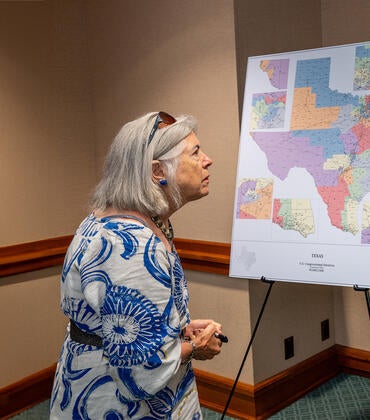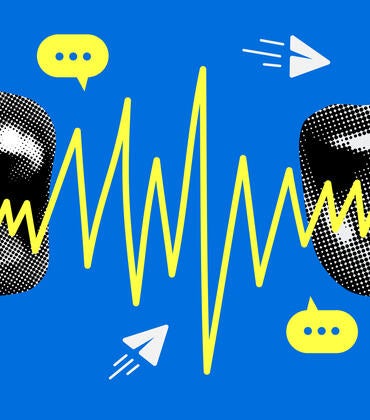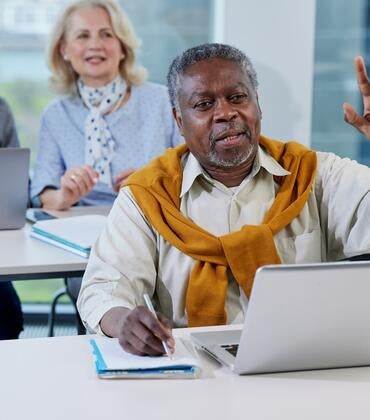
Democrats and Republicans will share one important aspect of the 2020 presidential election in common, a UCR psychologist asserts, based on her recently published research.
They will experience similar levels of anxiety.
A recent Associated Press poll found 53% of voters described themselves as anxious about the 2020 election.
In her research, UCR psychology researcher Kate Sweeny’s team assessed voters from both the 2016 presidential election and the 2018 U.S. midterm elections. Sweeny said the results predict how the party faithful will experience worry as the 2020 presidential election approaches.

In the study, published this past summer in the journal Motivation and Emotion, Sweeny likened awaiting the outcome of an election to the brand of worry she’s focused on in the past: worry caused by waiting. In past studies, that’s included awaiting the outcome of a medical test, an important exam, or a job interview.
Her team looked at five factors related to worry about election results: proximity to Election Day; personal attachment to a particular election result; confidence about the chances of a desirable result; personal involvement in the election; and individual differences in areas including future outlooks, comfort with uncertainty, and psychological resources.
The research carries three lessons for the November 2020 presidential election, Sweeny said.
First, people worry equally about major election outcomes, regardless of party preference.
Also, the closer you are to the action, the more you’ll worry.
“People who are more involved — taking action, watching a lot of news — care a lot about the outcome, and are generally more worried,” Sweeny said. “It suggests these activities aren’t conferring a sense of control or comfort.”
Finally, expect to worry more as Election Day gets closer. The recent AP poll bears that out, with anxiety among members of both parties climbing 12 percentage points from June to November.
Sweeny issued a reminder based on her past research. While worry can be disruptive to mood and health, it isn’t all bad. Worry motivates people to engage in preventive behavior in an effort to ensure good news comes their way. It can also lead people to be better prepared to handle bad news at the end of Election Day.
In the context of the 2020 presidential election, Sweeny said, worry could motivate people to engage in political action such as writing postcards to voters, knocking on doors for their favorite candidate, and most importantly, going to the polls on Election Day.
“Our findings make clear that anyone who cares about the political future of our country, regardless of party, is going to worry about election results — so you might as well allow that worry to motivate political action rather than letting it paralyze you,” Sweeny said.
Kyla Rankin, a graduate student in Sweeny’s lab, was the lead author for the journal article, “Divided we stand, united we worry: Predictors of worry in anticipation of a political election.”



